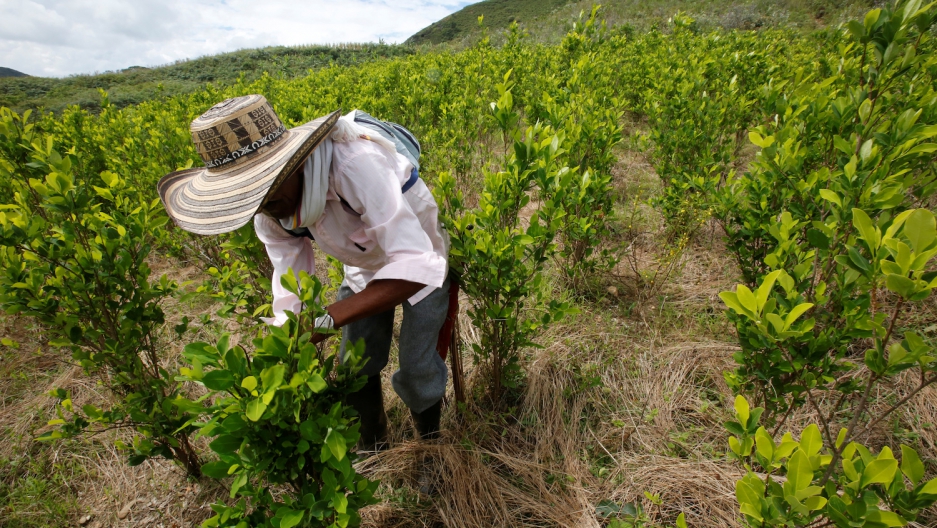Colombian cocaine production rose 31 percent to hit record levels in 2017, newly released UN statistics show.
The world’s largest cocaine producer cultivated around 1,400 tonnes of cocaine last year on some 423,000 acres.
These figures are a huge blow to the global war on drugs, to which America donates an annual $400 million.
The UN Office on Drugs and Crime (UNODC) warned that the increased production might hinder efforts to secure peace in the area, with Gloria María Borrero Restrepo, Colombia’s justice minister, saying it was “really very worrying.”
Most cocaine produced in Colombia finds it way to the US, which is the world’s largest consumer of the Class A drug.
An estimated 92 percent of cocaine samples seized by police in the US can be traced to Colombia.
America’s ‘Plan Colombia’ initiative, which aims to tackle drug trafficking as well as quell production, has cost taxpayers more than $10 billion over the last 15 years.
The USA has been trying to stem the production of cocaine since the 1980s and 90s, when Pablo Escobar and his Medellín cartel ran the business.
Critics of the war of drugs point to a strained criminal justice system and the global proliferation of violence fueled by illegal drug markets. They argue that if the drug war has failed to significantly reduce drug use, production, and trafficking, it’s not worth the continued cost.
Supporters say the drug war is likely stopping some drug use.
